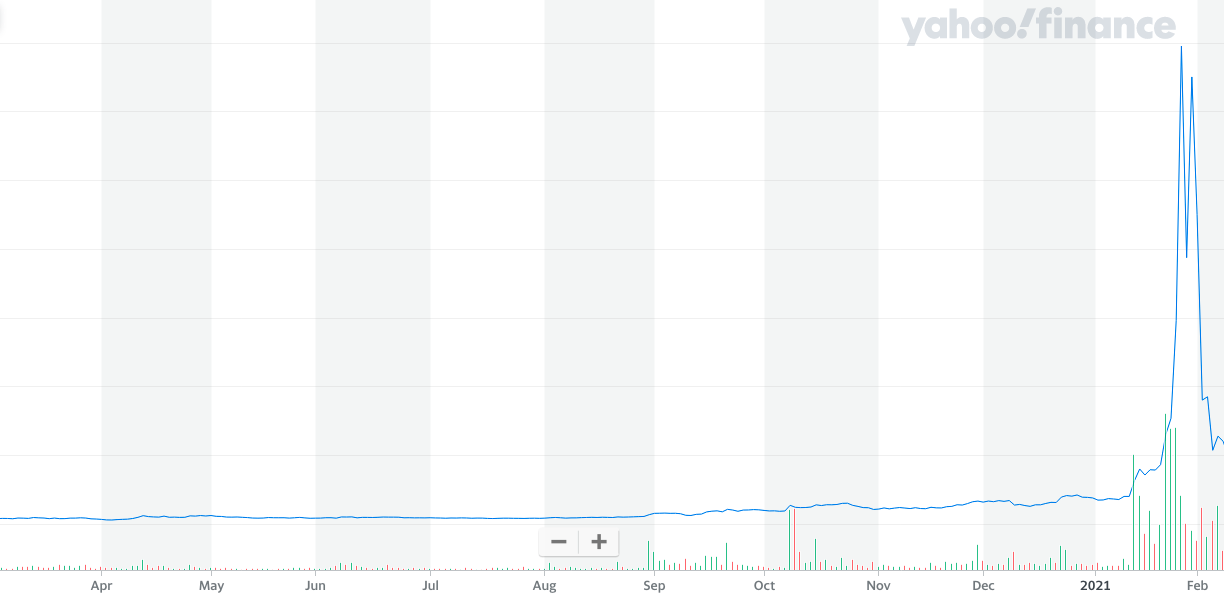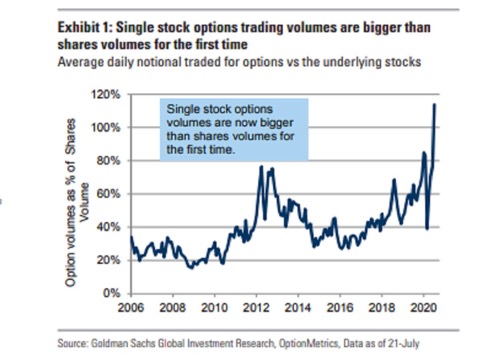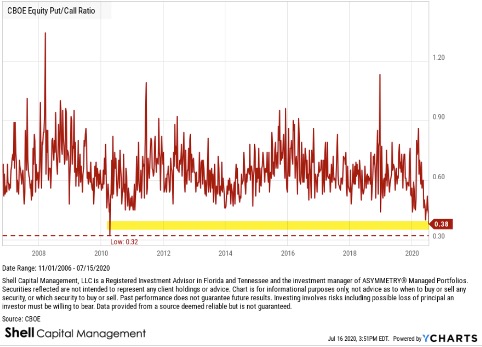Alex Liberfield of Liberfield Capital discusses the benefits of thinking outside the box when hiring in the Investment Finance field
The downside of traditional hiring in Investment Finance
Investment Finance is probably one of the most challenging sectors for someone to break into, especially if they don’t fit the extremely narrow profile required for most roles.
A very specific type of candidate is usually seen as the only right fit, and if applicants don’t meet these somewhat arbitrary requirements, they are usually ignored. Almost all roles require previous experience in the sector, which creates a very clannish environment. Consequently, many candidates get stuck in an endless cycle of not being hired because of lack of experience, and not getting the experience because nobody hires them because they lack that experience.
The main consequence of this is that many exceptionally talented people are never given a chance, the workforce is very homogenous, and the overall sector performance suffers.

This is not only negative for the candidates, but notoriously detrimental for the companies in the field and the industry in general. Many investment firms, especially hedge funds, pride themselves in ‘delivering alpha’, usually by thinking differently from most market participants, often thinking outside the box and maybe going against the trend. Given this ethos, it’s quite surprising that many of these firms still follow extremely narrow, classic hiring practices that are more 1950s corporate than 21st century investment firm.
We tend to tell our investors that our analysts have the capacity to uncover hidden opportunities, explore 2nd, 3rd and 4th order effects, make links between different -seemingly unrelated- events, or identify economic, social or political trends before the market does. This requires hiring people with a high degree of knowledge and analytical ability, there is no discussion about that. The problem comes when every single one of our analysts comes from the same exact background. Such homogeneity tends to exacerbate the negative effects of groupthink and produce very similar ideas, hindering the out-of-the-box thinking that is often needed to outperform.
Our experience hiring diverse professionals
I have personally noticed how incorporating high caliber and diverse professionals has increased our performance in the past few months.
For example, in early 2021, by hiring as an analyst an East European polyglot with a background in Law, we were able to identify trends related to geopolitics, foreign exchange and commodities in market-beating accuracy and speed. This analyst’s own background allowed him to not only easily access foreign sources, but also naturally understand the underlying dynamics in the conflict, and the economic impact it would have in a series of strategic sectors.
Another example: a few months earlier, when we hired a young, unorthodox candidate with a CS/Engineering/gaming background, he was able to develop novel data gathering strategies to screen and interpret social media sentiment, which allowed us to successfully front run a lot of the retail-driven trends of 2020-2021. We would have never hired either of them had we considered only those individuals that met our narrow list of classic requirements.
So, think about it: If everyone you hire comes from the same small list of schools, has the exact same post-graduation IB/PE experience, speaks the same language, has the same interests, and comes from the same city, the chances of your team coming up with alpha are reduced.
The benefits (and necessity) of the diversity dividend
It’s also a common mistake to think that the traditional IB-to-HF path is the only one that guarantees a certain level of knowledge and skills. While IB is a competitive space and thus acts as a filter for a certain type of worker, there are many other fields out there that also satisfy that requirement. Many other backgrounds and professional experiences also produce candidates with valuable transferrable skills, not to mention the wealth of sector specific knowledge they can bring to the table. Furthermore, bringing in external talent can also have a multiplier effect by teaching your current team some new best practices, as well as widening your team’s horizons, thereby generating superior ideas.
The diversity dividend is not only real but can also give you a significant edge in this space. In a competitive world that thrives on the generation of new ideas and the potential to identify new opportunities, it pays to have a diverse workforce.
 Just as we do with our investment strategy, we should not be afraid to think outside the box and hire people from different backgrounds and life experiences, varied skillsets and interests, and different networks and social connections.
Just as we do with our investment strategy, we should not be afraid to think outside the box and hire people from different backgrounds and life experiences, varied skillsets and interests, and different networks and social connections.
Your bottom line will thank you.














